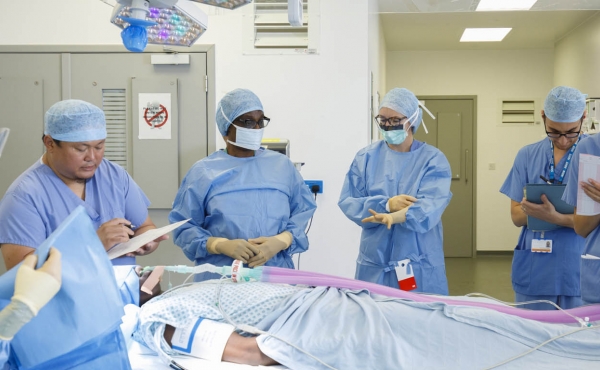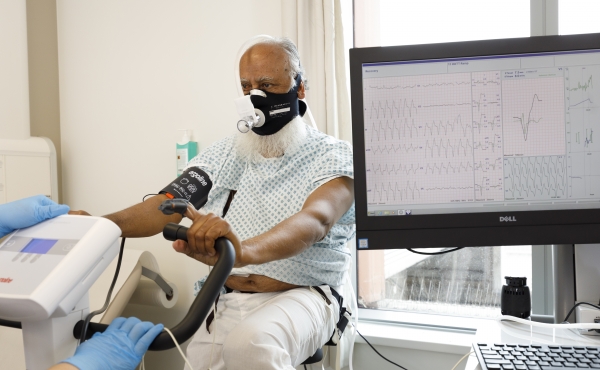Assessment, optimisation, shared decision making
Assessment, optimisation, shared decision making
This page details information for all staff involved with perioperative care to support patients with co-existing medical conditions who have been referred for surgery.
CPOC has 7 pages about interventions that help patients prepare for surgery. This page is the most challenging because it aims to provide guidance and principles to help all staff involved with perioperative care supporting patients who have co-existing medical conditions.
Assessment
Pre-assessment before surgery has traditionally focused on documenting medical conditions and advising patients about their future surgery. Action is also important. All assessments should drive actions, for example:
- Identifying conditions that are stable, but increase risk.
- Advising patients how to prepare well (exercise, nutrition, smoking cessation, alcohol moderation, mental wellbeing and practical preparation). These can significantly reduce complications and improve outcomes.
- Considering medical intervention and/or referral.
- Adjusting the standard process (eg an early slot for a patient with autism).
- Identify whether the new risks identified merit an additional Shared Decision Making consultation – meaning a discussion between the patient and a senior clinician about whether an alternative operation or technique, or no treatment, might be preferable.
The surgical team should have key information before the decision to operate is made – this sometimes doesn’t happen. Pre-screening is new and intended as an extra rapid assessment when the patient is added to the waiting list.

Optimisation includes patient preparation and medical optimisation
- Patient preparation for surgery – consider motivational interviewing and the other six interventions
- Medical interventions and/or referrals
- includes medication: Refer to the UKCPA Perioperative Care Handbook which advises how each medication can be adjusted around surgery.
Shared Decision Making (SDM)
Shared decision making (SDM) means a patient and a clinician working together to make an evidenced based decision centred on the patient’s values and preferences. Choosing Wisely UK recommends thinking about ‘BRAN’ (Benefits, Risks, Alternatives and doing Nothing). The clinician involved should understand the options. Some operations have a high risk of regret and/or complications. Other operations have no real alternatives. The ‘three-talk model’ splits consultations into ‘team talk’, ‘option talk’ and ‘decision talk’. This may take time or several consultations, and should include collaboration, active listening and deliberation.
These concepts are explained in more detail in Professor Scarlett McNally’s blog.
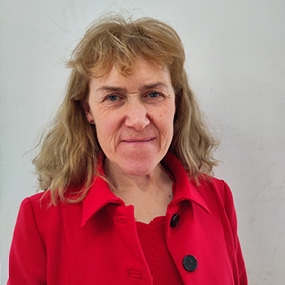
Read the blog here with practical tips.
Resources
View this multi-professional guideline on Preoperative Assessment and Optimisation for Adult Surgery
Please view all our SDM resources available here.
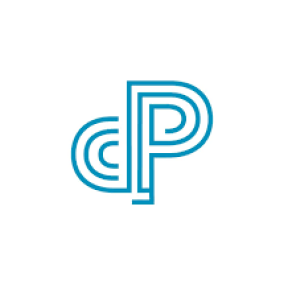
Use the UK Clinical Pharmacy Association Perioperative Medicine Handbook to plan medications around surgery. Save this link!
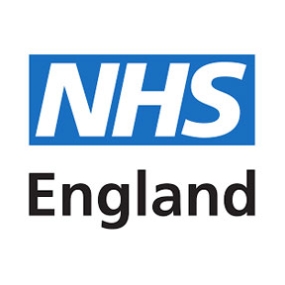
Read the NHS England Earlier screening, risk assessment and health optimisation in perioperative pathways: guide for providers and integrated care boards for information about pre-screening
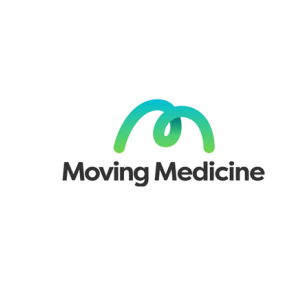
Read the following items from Moving Medicine;
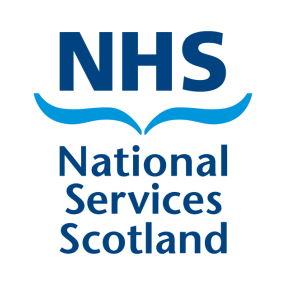
View the current resources from NHS Scotland to support patients;

View the following standards from PRSB:

Read The Patients Association resources;

Read Get it Right First Time (GIRFT) Guide to preoperative testing: N-terminal prohormone of brain natriuretic peptide (NTproBNP) and Echocardiography
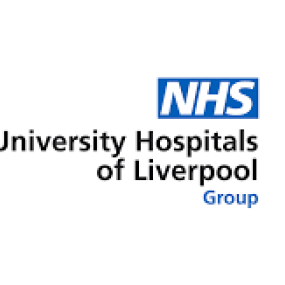
Developed by Liverpool University Hospitals NHS Foundation Trust, 'Don't Be DAFT' is a tool for recognising if patients need optimising before surgery.
- Blood pressure
- BMI
- Diabetes
- Anaemia
- Frailty
- Tobacco

Read McCone et al’s British Surgical Journal article. 85% of elective cancellations are due to pre-existing medical conditions: Variation in surgery postponement rates in the NHS in England.
Read CPOC Deputy Director Scarlett McNally's blog on Assessment, Optimisation and Shared Decision Making



